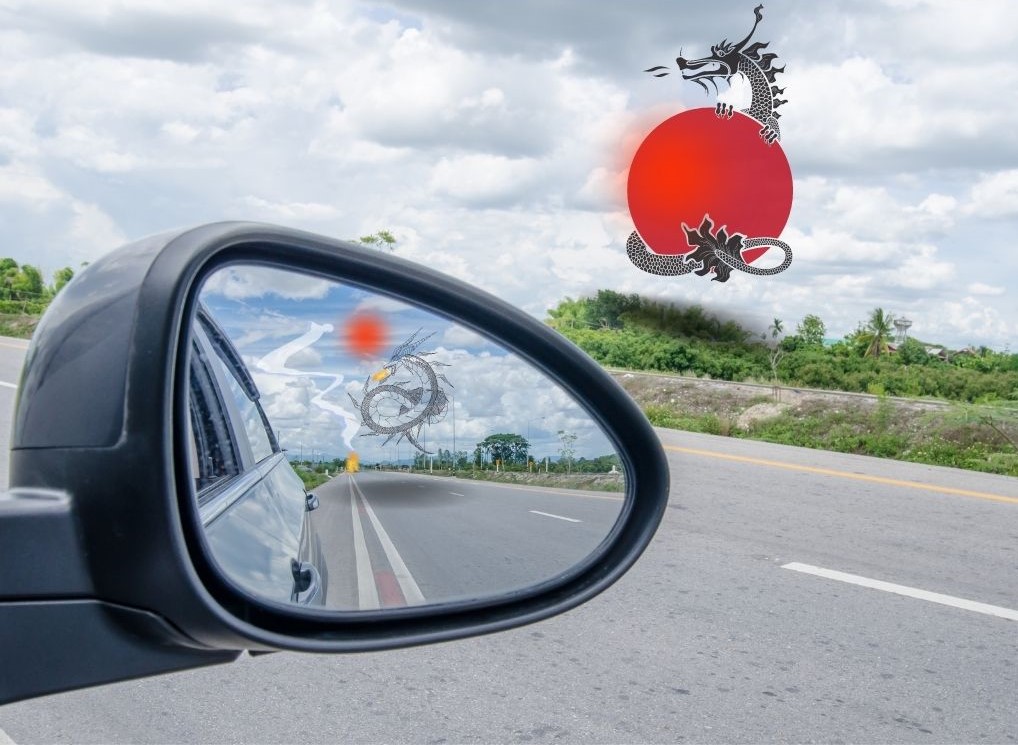China’s Minister of Industry and Information Technology wants the U.S. to be its tag team partner on electric vehicles and pharmaceuticals. Translation: let us make all of your EV batteries and their required materials and forget India and Europe and do R&D on the latest biotech with us.
This idea might be enticing for some in Washington who do not want to treat all Chinese businesses like members of the Communist Party.
If the decision is to be made by Washington, however, then it is best to assume that objects in the rearview mirror are not just in the past, but more of a sign of what’s ahead.
Following a trade war that began with Section 301 tariffs due to unfair trade practices and intellectual property theft, any officially sanctioned partnering of American companies with China on key future tech – be it battery-powered cars or new medication – would be an own goal for the Biden Administration.
Xiao Yaqing, China’s Minister of Industry and Information Technology, made the comments about partnering up with the U.S. during a conference call with the chairman of the U.S.-China Business Council, according to a statement posted on the ministry’s official WeChat account.
Xiao also said China welcomes U.S. companies to expand their investment in China. This should also be seen through the lens of Beijing not wanting to take on any more financial risk, and wishing to “offshore” more of that risk to foreign, private businesses. In other words, be skeptical of this latest “opening up” from Beijing.
Still, China is wise to ask for partnerships.
Beijing is well aware of Washington’s climate agenda and knows that EVs are a key part of that agenda. Beijing also knows the U.S. is still battling back Covid-19, a virus that took the world by storm after leaving Wuhan at some point in late 2019, early 2020, and wants to make peace by joining forces to fight future disease together. This appeals to rational minds. But China is not a rational trade partner.
Partnering hasn’t always worked in the U.S.’s favor.
The U.S. cooperated with the Wuhan Institute of Virology via grant funding to third parties from the National Institutes of Health. That surely did not stop the latest pandemic out of China.
General Electric has had a long-standing partnership with China on steam and gas turbine engines.
In 2019, Xiaoqing Zheng, a GE employee in upstate New York, and Zhaoxi Zhang of Liaoning Province in China, were indicted on charges of economic espionage and conspiracy to steal GE trade secrets surrounding turbine technologies. Those stolen trade secrets would be sent to China, to be used in Chinese companies later on.
At the time, New York Assistant Attorney General John C. Demers said that the scheme was “a textbook example of the Chinese government’s strategy to rob American companies of their intellectual property and to replicate their products in Chinese factories, enabling Chinese companies to replace the American company first in the Chinese market and later worldwide. We will not stand idly by while the world’s second-largest economy engages in state-sponsored theft.”
Worth noting, but perhaps unrelated, Bloomberg data on wind power – which requires turbine engines to generate electricity — had GE and China’s Goldwind as the top two turbine suppliers in 2020, following a surge in installations in the U.S. and China.
Goldwind installed 44 wind turbines in the U.S. in 2020, according to the Global Wind Energy Council.
Most of GE’s wind turbines and rotor blades are made in Europe. GE Renewable Energy, which is the main wind energy business of GE, is actually based in Paris. So, technically, European companies are the top two wind turbine makers with Vestas in the No. 1 spot and China’s Goldwind is No. 3.
“American companies like GE want to be in China because they want to sell engines to its airline industry or turbines to its power stations. But this is the problem with the short-term mindset of big multinationals – they will eventually be replaced,” says Michael Stumo, CEO of CPA. “Private companies can, and will, take the risk in partnering with China on electric vehicle supply chains, biotech, and other new technologies. That’s their risk. The U.S. government should not be in the business of covering for that risk, or taking it on themselves.”












